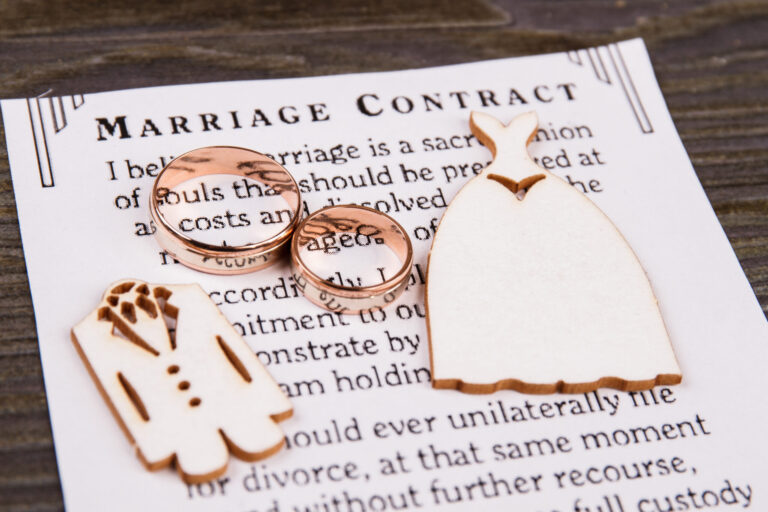Selling a life insurance can be a difficult choice for some, but you have many possible legitimate reasons for doing so. Selling your life insurance policy (also known as a “Life Settlement”), can be a good way to get some extra money if the associated person is no longer taking care of dependants, needs to get some money to put into retirement, or perhaps the money can take care of them after they have become terminally ill. Regardless of the reason for undertaking a life settlement, here are a few things to keep in mind when selling a life insurance policy.
The medical condition of the person the policy is attached to is a major factor. Generally, the older the policyholder is the more likely the policy will meet the eligibility requirements for the sale of a policy. Most commonly, the person the life insurance policy is attached to should be around 65 years old and have a life expectancy of 15 years at most. A policy’s “death benefit” also usually has a minimum threshold of around $100,000, but this can vary. There is also a relevant market specifically for life insurance policies of people who don’t have a long life expectancy as a result of their age. These specific kinds of settlements are called viatical settlements, and in many cases they sell for less money as a result of the less predictable lifespan of the insured patient.
In general, life insurance settlement companies will usually impose a few of their guidelines when buying and selling life settlements. First, a life insurance policy will usually sell for less than what it would pay out were it to be fulfilled normally. Commissions for the life insurance policy might even cost as much as 30% of the life settlement, on top of any taxes you will incur from selling it. If the person being insured is younger than 69.5 years old, then withdrawing from a life insurance policy will likely be penalized by 10% as well. The new policyholder might even be entitled to information they might not otherwise have access to. Some policies allow people who purchase a life insurance policy to remain informed of the health of the insured individual; myocarditis awareness, for example, might need to be relayed to the new policyholder if a health checkup reveals such a condition. Make sure you understand all of the terms that go into a particular sale of a life insurance policy before you proceed.
Other factors can affect the value of your life insurance policy as well. Generally, things that affect the value of the policy that aren’t directly related to the insured person’s health will be related to other ways to immediately profit from it. Withdrawing money can harm the cash surrender value of the policy, and therefore weaken your justification for charging more money for it. It may not be a bad idea to discuss the process of selling a life insurance policy with a qualified professional to make sure you are getting as much as you can from the sale.
Selling a life insurance policy can be a useful way to fund a particular venture that might not be justifiable otherwise. In general, if an individual is less healthy or is generally older, you’ll be able to justify charging more for a life settlement. Any two given sales may vary well be different from each other even if they’re willing to pay similar amounts, though, so make sure to remain aware of all of the associated terms and conditions.














